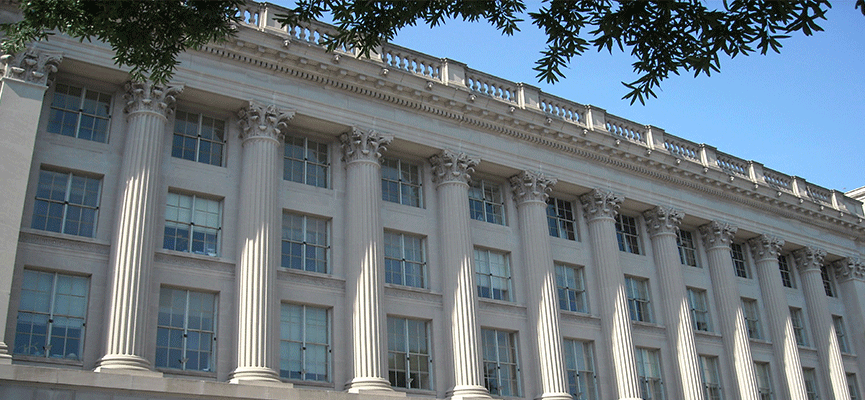The U.S. Chamber of Commerce has taken legal action against the federal government, launching a lawsuit to challenge a recently enacted law that empowers Medicare to negotiate drug prices with pharmaceutical companies for the first time. The chamber filed a complaint in federal court in Dayton, Ohio, arguing that the pricing program infringes upon drugmakers’ due process rights guaranteed by the U.S. Constitution. According to the chamber, the program grants the government unrestricted authority to dictate maximum prices, imposing severe penalties on drugmakers that refuse to comply. The chamber perceives this as an ultimatum: either accept the government’s designated prices or face severe consequences, risking the destruction of their businesses.
Contentious Battle Unfolds as Chamber of Commerce and Merck Sue Government Over Drug Pricing Program
The U.S. Department of Health and Human Services, through its Centers for Medicare & Medicaid Services, administers Medicare—the government health plan for individuals aged 65 and over. A spokesperson for the agency expressed firm support for the program, emphasizing its positive impact in reducing healthcare costs for older adults and people with disabilities. Confident in their legal position, the agency is prepared to vigorously defend the program. This lawsuit by the U.S. Chamber of Commerce, a highly influential business group, follows a similar legal action initiated by pharmaceutical giant Merck & Co. just three days prior in Washington, D.C.
Both lawsuits contend that the implementation of price controls would deter drugmakers from investing in the development of new drugs, thereby causing long-term harm to the health and well-being of the American populace. Several other drug manufacturers have also voiced their objections to the pricing program, which forms a part of the Inflation Reduction Act passed last year. The pricing changes resulting from negotiations on ten high-cost drugs selected by the Centers for Medicare & Medicaid Services are scheduled to come into effect in 2026.
It is widely acknowledged that Americans pay more for prescription drugs compared to residents of any other country. The Biden administration aims to address this issue and save an estimated $25 billion annually by 2031 through Medicare’s negotiation of drug prices. White House spokeswoman Karine Jean-Pierre expressed confidence in the government’s position, stating that there is nothing within the Constitution that prohibits Medicare from engaging in such negotiations to secure lower drug prices.
The U.S. Chamber of Commerce also issued a warning, cautioning that allowing the pricing program to proceed would establish a detrimental precedent. Chief Policy Officer Neil Bradley emphasized that if the government possesses the authority to enforce price controls within the pharmaceutical industry, why should this power not extend to other sectors? The implications of this case extend far beyond the pharmaceutical realm. The legal battle has been assigned the case name Dayton Area Chamber of Commerce et al v Becerra et al and will be heard in the U.S. District Court for the Southern District of Ohio under case number 23-00156.

